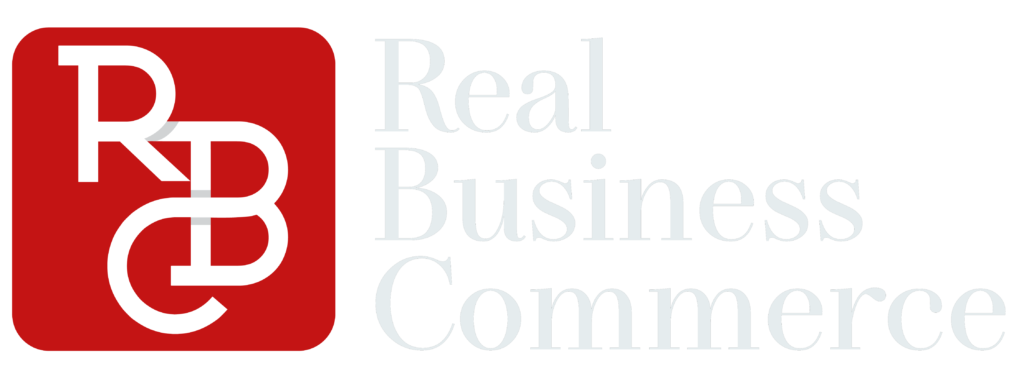Your paycheck stub holds more than just numbers and figures. It’s a window into your financial health, providing valuable insights into your earnings, deductions, and overall financial well-being. Understanding the intricacies of your paycheck stub can empower you to make informed financial decisions, detect errors, and effectively manage your finances. In this article, we’ll delve into the benefits of analyzing your real pay stub and how it can positively impact your financial life.
Understanding Your Paycheck Stub
What is a paycheck stub?
A paycheck stub, also known as a pay stub or earnings statement, is a document provided by your employer alongside your paycheck. It outlines detailed information about your earnings, taxes, deductions, and contributions for a specific pay period.
Components of a paycheck stub
A typical paycheck stub contains various sections, including gross pay, net pay, taxes withheld, deductions, and employer contributions. Each component plays a crucial role in understanding your financial picture.
Benefits of Analyzing Your Paycheck Stub
Analyzing your paycheck stub offers numerous advantages that contribute to your financial well-being. Let’s explore some of these benefits in detail:
Financial awareness
By regularly reviewing your paycheck stub, you gain a deeper understanding of your income and expenses. This heightened financial awareness enables you to make informed decisions about budgeting, saving, and investing.
Detecting errors
Paycheck stubs serve as a vital tool for identifying errors or discrepancies in your earnings. Whether it’s a missing bonus, incorrect hours worked, or inaccurate deductions, spotting these errors early allows you to address them promptly and ensure accurate payment.
Budgeting effectively
Understanding your paycheck stub helps you create a realistic budget based on your actual income and expenses. By tracking your earnings and deductions, you can allocate funds wisely, prioritize expenses, and work towards your financial goals with confidence.
Tax planning
Your paycheck stub provides valuable information for effective tax planning. By reviewing your tax withholdings and deductions, you can adjust your withholding allowances to align with your tax obligations and avoid surprises come tax season.
Understanding deductions
Examining your paycheck stub allows you to comprehend where your money is being allocated. Whether it’s federal and state income taxes, Social Security, Medicare, or retirement contributions, understanding these deductions gives you greater control over your finances.
Financial Awareness: Knowing Your Earnings
Gross pay
Gross pay refers to the total amount of money earned before any deductions are taken out. It includes regular wages, overtime pay, bonuses, commissions, and any other forms of compensation.
Net pay
Net pay, also known as take-home pay, is the amount of money you receive after deductions and taxes have been subtracted from your gross pay. It represents your actual earnings that you can use for expenses and savings.
Overtime pay
Overtime pay is additional compensation for hours worked beyond the standard workweek. It’s typically calculated at a higher rate than regular pay and is subject to specific regulations outlined by federal and state labor laws.
Bonuses and incentives
Bonuses and incentives are supplemental payments provided by employers to reward employees for their performance, achievements, or contributions to the organization. These additional earnings may vary based on individual and company performance metrics.
Detecting Errors: Ensuring Accuracy
Identifying discrepancies
Reviewing your paycheck stub allows you to spot any discrepancies or inaccuracies in your earnings or deductions. Common errors include incorrect hours worked, missing bonuses, erroneous tax withholdings, or unauthorized deductions.
Rectifying mistakes
Once errors are identified, it’s essential to take prompt action to rectify them. This may involve notifying your employer’s payroll department, providing documentation to support your claim, and ensuring that corrections are made in subsequent pay periods.
Budgeting Effectively: Managing Finances
Tracking expenses
Analyzing your paystub generator free helps you track your expenses and identify areas where you can cut costs or reallocate funds. By understanding your income sources and expenditure patterns, you can create a realistic budget that aligns with your financial goals.
Setting financial goals
With a clear understanding of your earnings and expenses, you can set achievable financial goals for the short, medium, and long term. Whether it’s saving for a down payment, paying off debt, or building an emergency fund, your paycheck stub serves as a roadmap for financial success.
Allocating funds
Your paycheck stub provides valuable insights into how much you earn and where your money goes. By allocating funds towards essential expenses, savings, investments, and discretionary spending, you can achieve a balanced financial portfolio and secure your future.
Tax Planning: Preparing for Taxes
Understanding tax deductions
Your paycheck stub details various tax deductions withheld by your employer, including federal and state income taxes, Social Security, and Medicare. Understanding these deductions helps you estimate your tax liability and make informed decisions about tax planning strategies.
Adjusting withholdings
Based on your financial circumstances, you can adjust your tax withholdings to ensure that you’re neither overpaying nor underpaying taxes throughout the year. This proactive approach to tax planning can help you maximize your take-home pay and minimize any potential tax liabilities.
Understanding Deductions: Where Your Money Goes
Federal income tax
Federal income tax is a mandatory deduction withheld by employers based on the information provided in your Form W-4. The amount withheld depends on your filing status, income level, and any additional allowances claimed.
State income tax
In addition to federal income tax, some states impose a separate income tax on residents. The amount withheld for state income tax varies depending on your state of residence and its tax laws.
Social Security
Social Security tax is a federal payroll tax that funds the Social Security program, which provides retirement, disability, and survivor benefits to eligible individuals. Both employees and employers contribute a percentage of earnings towards Social Security, with the employee’s portion typically withheld from each paycheck based on earnings up to a certain limit set by the Social Security Administration.
Medicare
Medicare tax is another federal payroll tax that helps fund the Medicare program, which provides healthcare benefits to eligible individuals aged 65 and older, as well as certain younger individuals with disabilities. Similar to Social Security, both employees and employers contribute a percentage of earnings towards Medicare.
Retirement contributions
Many employers offer retirement savings plans, such as 401(k) or 403(b) plans, which allow employees to contribute a portion of their earnings towards retirement on a pre-tax basis. These contributions are deducted from your paycheck and deposited into your retirement account, helping you save for the future while potentially lowering your taxable income.
Conclusion
Analyzing your paycheck stub is more than just a routine task—it’s a valuable tool for enhancing your financial literacy, detecting errors, and optimizing your financial well-being. By understanding the components of your paycheck stub, from gross pay to deductions, you can gain insights into your earnings, expenses, and tax obligations. This knowledge empowers you to make informed decisions about budgeting, saving, investing, and tax planning, ultimately paving the way for financial success and security.
FAQs
1. Why is it important to analyze my paycheck stub?
Analyzing your paycheck stub allows you to ensure accuracy, understand your earnings and deductions, and make informed financial decisions.
2. What should I do if I notice an error on my paycheck stub?
If you spot an error on your paycheck stub, notify your employer’s payroll department immediately and provide any necessary documentation to support your claim.
3. How can analyzing my paycheck stub help with tax planning?
Reviewing your paycheck stub helps you understand your tax withholdings, deductions, and contributions, allowing you to adjust your tax withholding allowances and plan for potential tax liabilities.
4. What deductions are typically included on a paycheck stub?
Common deductions on a paycheck stub include federal and state income taxes, Social Security, Medicare, retirement contributions, and any voluntary deductions for benefits or insurance.
5. Can I access my paycheck stub online?
Many employers offer online portals or software where employees can access and view their paycheck stubs electronically, making it convenient to review and manage their earnings and deductions.
Have A Look :-
- The Impact of Big Data on Healthcare, Finance, and Retail
- Walmart Retail Built In-House Police Station To Fight Against Crime
- US Government Is Taking Aim To The Google’s Search Engine Monopoly



Unquestionably believe that which you stated. Your favorite reason seemed to be on the net the easiest thing to be aware of. I say to you, I definitely get annoyed while people think about worries that they just do not know about. You managed to hit the nail upon the top and defined out the whole thing without having side-effects , people can take a signal. Will probably be back to get more. Thanks
Your comment is awaiting moderation.